Speaking before the National Assembly , one of the orientations and viewpoints emphasized by General Secretary To Lam is 'to definitely abandon the mindset of banning if you can't manage', while reforming institutions and creating an open environment for business.
The situation of banning something when you can't manage it has been going on for a long time in many areas. The ban is sometimes "abused" and is considered a "treasure" that helps authorities "breathe easier" in management.
DAD cartoon
Even in the past, there were banning ideas that had to stop when receiving a lot of pressure from public opinion such as banning "flat-chested drivers", banning buying fake helmets, banning vehicles with even number plates from driving on even days and odd number plates from driving on odd days, banning vehicles without owners...
Still, the ban remains widespread in many areas.
Lessons from Uber and Grab
Experts always remind us of the lesson from many years ago when technology applications such as Uber and Grab began to appear in Vietnam and were welcomed by people because of the convenience and transparent prices they brought. However, traditional drivers objected because they could not compete in terms of price and service...
Many localities have sought ways to manage these types of technology vehicles. Unable to find a solution, at times some localities have treated them very harshly, even issuing temporary bans and restrictions on technology vehicles.
Technology cars were temporarily banned or restricted from operating in some localities when they first appeared in Vietnam - Photo: QUANG DINH
The reason given was that if the increase of this new type of business could not be controlled, it would be best to ban it. However, the ban order did not receive the consensus of the people. After a while, realizing that this type of business must be controlled, localities gradually adjusted their policies.
Instead of banning them, localities have issued new policies such as requiring apps to register their businesses, pay taxes in full, and ensure the rights of customers and drivers.
Ms. Nguyen Minh Thao - Head of the Business Environment and Competitiveness Research Department (Central Institute for Economic Management) - said that the viewpoint of "if you can't manage it, then ban it" is not new but still needs to be repeated to create a favorable investment and business environment.
From the lesson of technology cars, Ms. Thao expressed her impatience when the fields that Vietnam is attracting investment in such as technology, innovation, research and testing of new technologies, software, semiconductor industry... still do not have a full legal basis. While these are trendy fields with a timely nature, if not taken advantage of, it is possible to miss the opportunity to create breakthrough changes.
For example, new models such as fintech, sandbox or pilot mechanisms such as circular economy... although they have been raised for a long time, to date there have been no relevant documents issued, creating a legal framework for investors participating in this field.
According to Ms. Thao, many current policies are not unified, which is quite common, leading to difficulties in implementation. There are legal documents that have just been issued and have to be amended because they cannot be implemented, raising requirements for the quality of the documents. The legal system is also contradictory, overlapping and intertwined in many management areas. Especially in the fields of planning, bidding, construction, land...
This reality shows that the drafting of documents lacks close coordination between parties to ensure that the documents are consistent in implementation.
Not to mention the consultation, receiving explanations, and collecting opinions from relevant parties are also requirements for accountability and public transparency. This situation makes the implementation of legal regulations still complicated, causing difficulties for businesses and people.
"There are many bigger issues that need to be addressed in changing the mindset of legislative and institutional reform in general. New trends and development models need new policies to nurture and create opportunities for new business models to develop, instead of prohibiting their operation. Management mechanisms also need to adapt to new business models, requiring a more flexible new legal system that accepts certain risks," said Ms. Thao.
Many buyers and agents hope to buy and sell lottery tickets online - Photo: TU TRUNG
Many overlapping and conflicting regulations
From local practice, National Assembly delegate Ha Sy Dong - permanent vice chairman of the People's Committee of Quang Tri province - said that although recent institutional reforms have brought about certain results, in reality, implementation still has many overlaps and conflicts, which are barriers and cause stagnation in development.
This is a barrier that makes mobilizing private investment resources ineffective, when the trust of people and businesses has not been built.
Therefore, delegate Ha Sy Dong acknowledged that the General Secretary's directive message on innovation in law-making thinking and ending the situation of unmanageable prohibition will play an important role in facilitating people and businesses to do business and unlock the country's resources.
From local practice, Mr. Dong recognized that the mindset of "if you can't manage it, then ban it" does not stop at prohibitive documents that restrict business, but rather complex and overlapping policies and procedures that are not promptly resolved are also obstacles to development.
Mr. Dong gave an example of a very current issue that many localities are concerned about: the implementation of laws on land, real estate, housing, and bidding. Because old regulations are still overlapping, when implementing new laws, it creates a legal gap when there is no timely and adequate guidance, and there is no strong decentralization for localities to be proactive.
Therefore, regulations that need to be issued soon, such as the construction of a new land price list, are still facing many difficulties. This reality causes investment attraction, investor selection, and project bidding to be blocked, while land is wasted and local budgets are lost.
Or similar to the licensing of investment policies, businesses also complain a lot about procedures and sub-licenses such as construction, planning, fire prevention and fighting, land, environmental impact assessment... This is still considered a "forest of procedures", although going through one door but having to go through many nooks and crannies, causing time loss when implementing the project.
Delegate Truong Trong Nghia (HCMC) said that the situation of banning when one cannot manage it has become a relatively common phenomenon in different localities, and even ministries and branches have included regulations in draft laws. This has caused harm to society, as the intention to ban something bad but putting it into a draft law to ban it in general affects the good as well.
Mr. Nghia gave an example of the use of sidewalks, which are clearly regulated by law but not managed, leading to widespread violations. In this violation, the commune/ward and district/county authorities see it most clearly.
Illegal parking lots, shops and stalls set up on sidewalks and even on the road, affecting traffic safety and order.
"If we only issue general regulations on banning sidewalks, it will not be okay. Because in many countries, including large cities in the US or France, there are sidewalks that absolutely do not allow selling, but there are sidewalks that allow it. Even though it is allowed, it must be managed, such as hygiene, not affecting others, and even a certain fee must be paid," Mr. Nghia analyzed.
Mr. Nghia believes that the mindset of banning because it cannot be managed is a manifestation of the fact that although it is within the authority, due to many reasons it cannot be managed, leading to widespread, from which the ban is issued unreasonable. Therefore, the General Secretary's request to abandon the mindset of banning because it cannot be managed is correct. In addition, this mindset demonstrates the building of a rule-of-law state in which people are allowed to do things that are not prohibited by law.
"Saying that does not mean the State is lax in management. Here, people are allowed to do things and the State must organize management so that people can exercise their right to do things without affecting public interests, other people, and without causing negative things," Mr. Nghia said.
Tuoitre.vn
Source: https://tuoitre.vn/bo-tu-duy-quan-khong-duoc-thi-cam-2024102508212115.htm

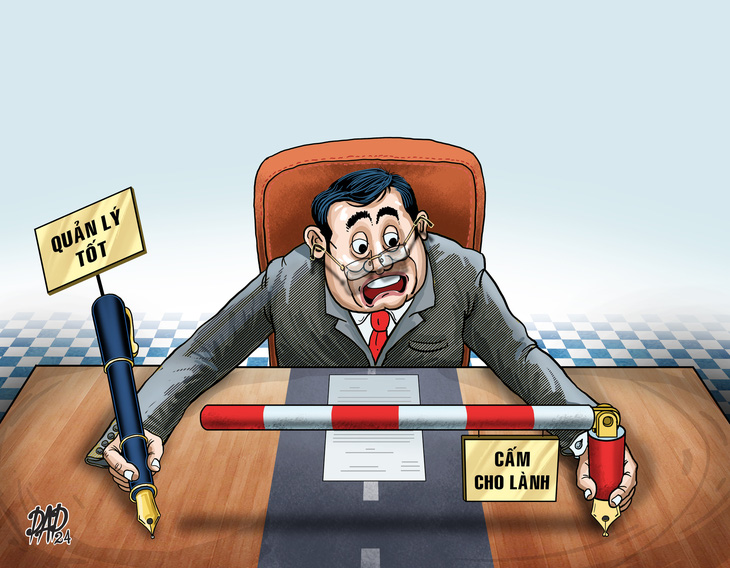
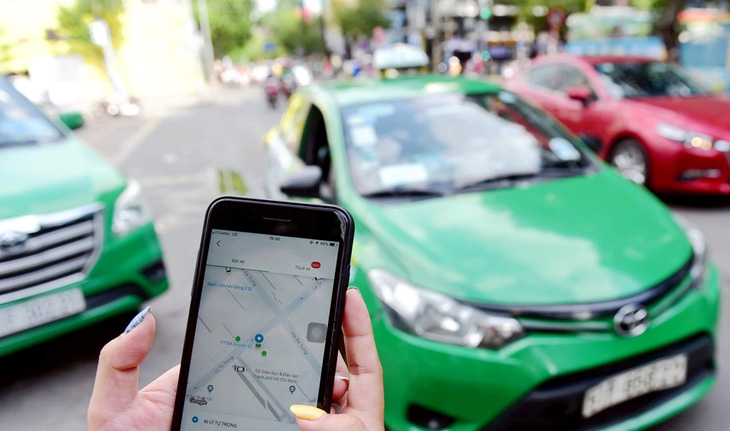
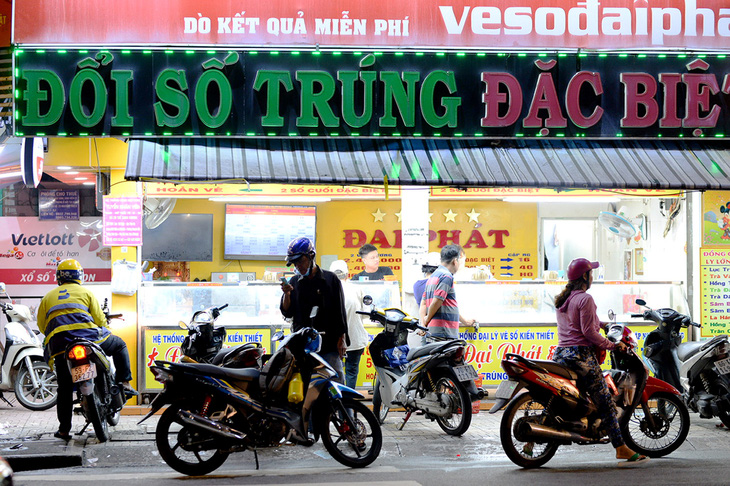

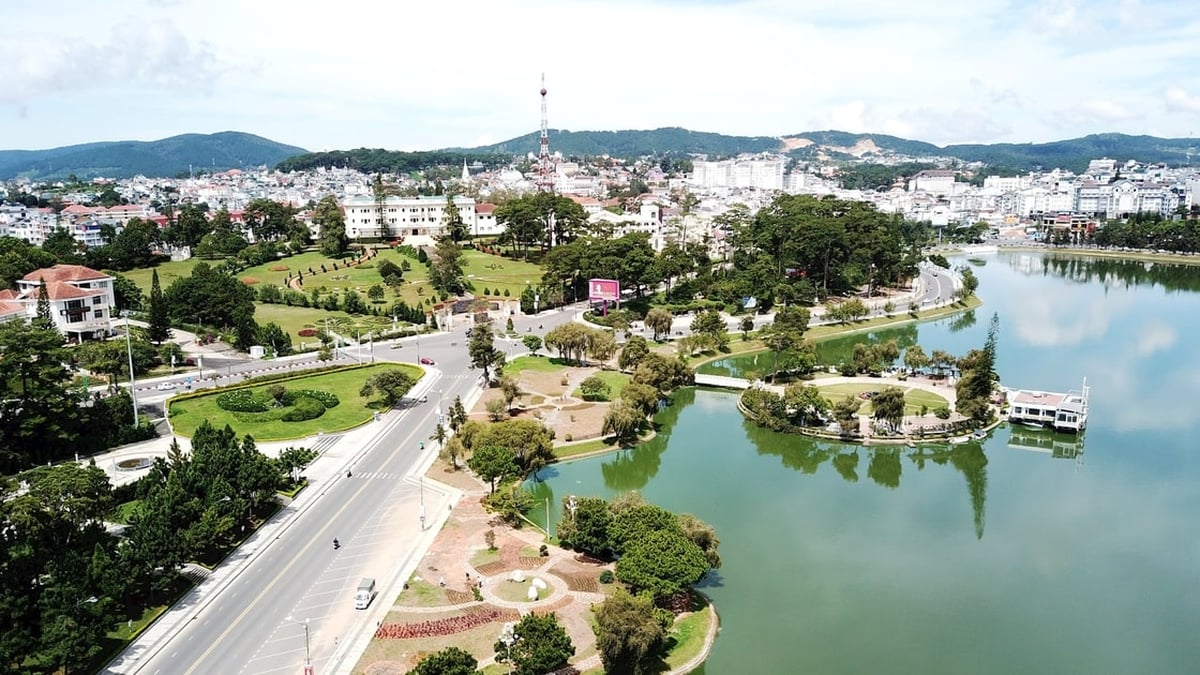

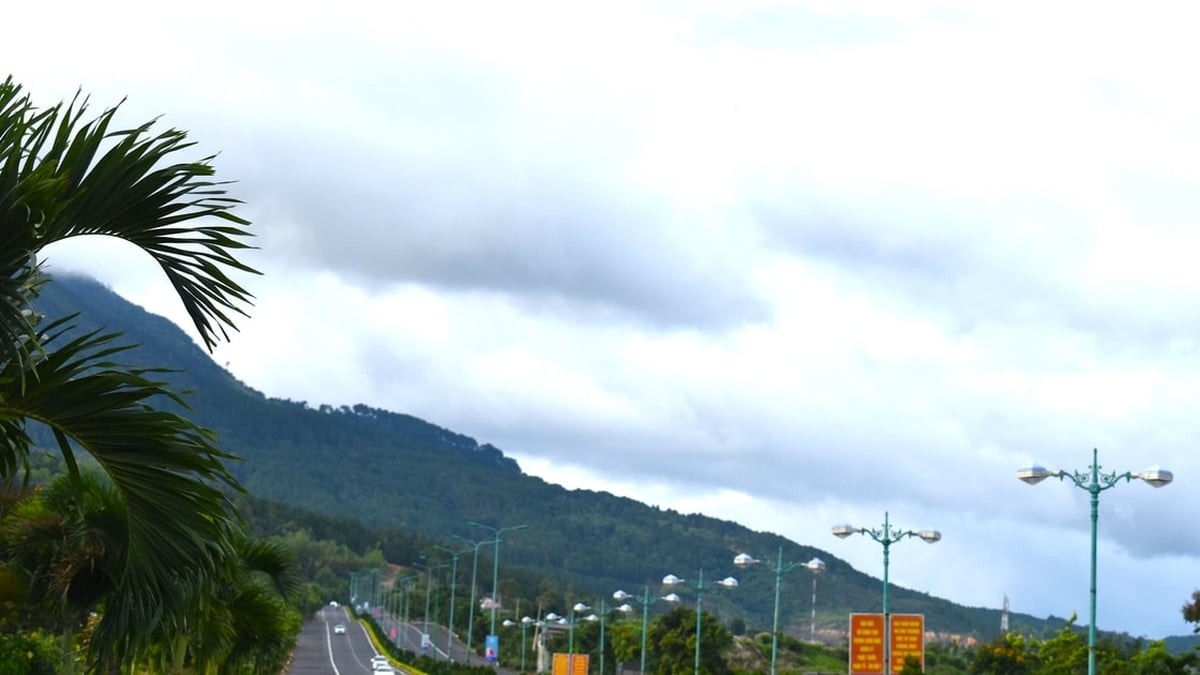
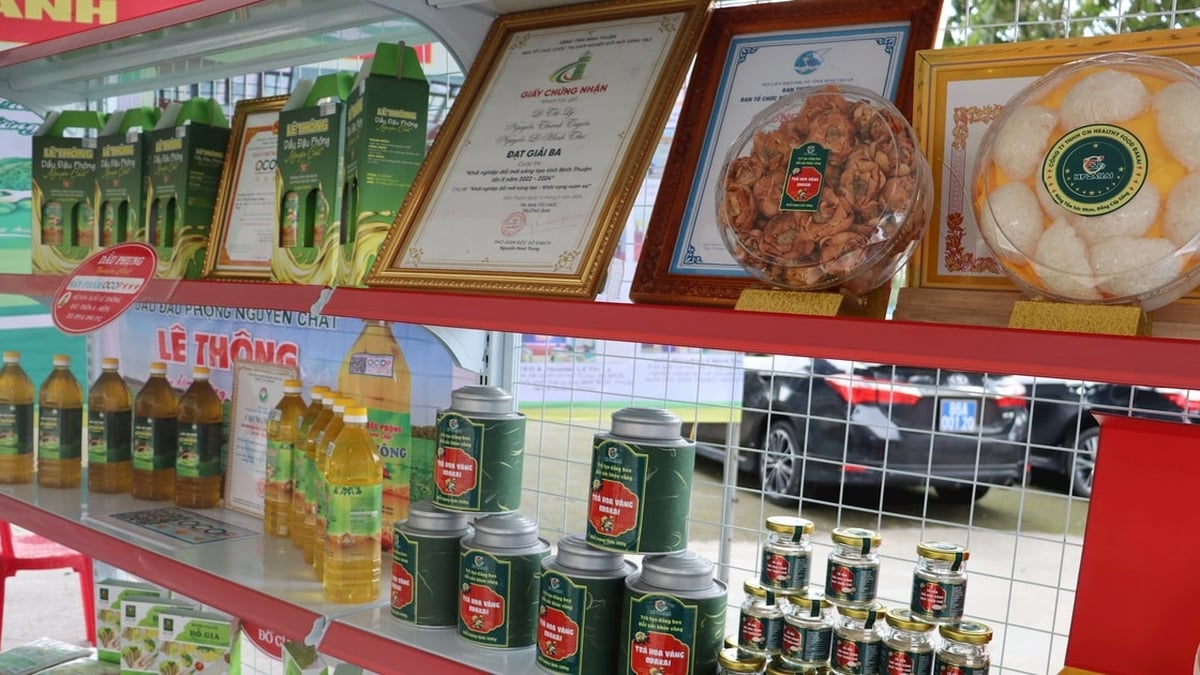


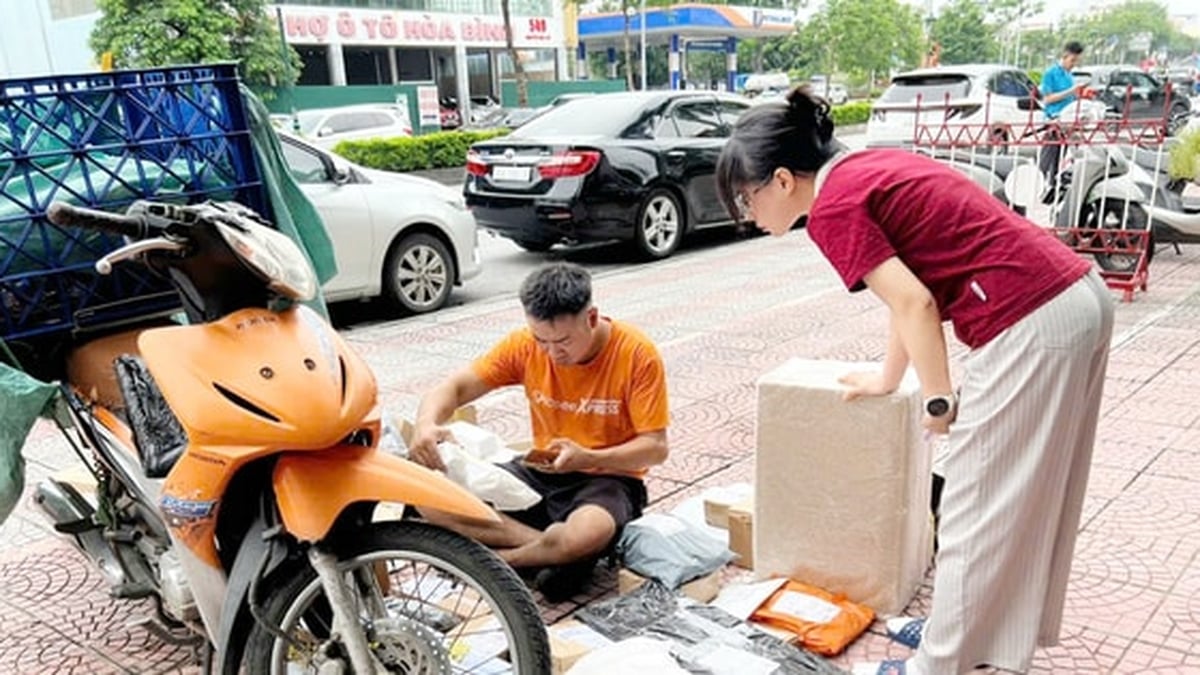
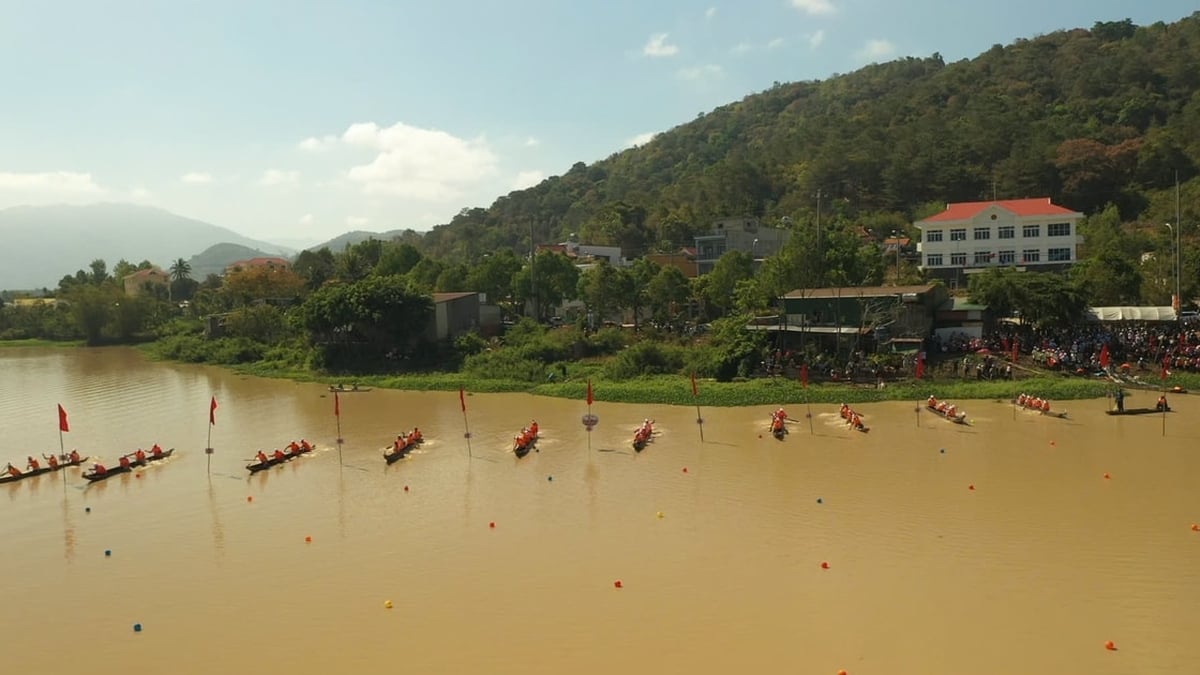
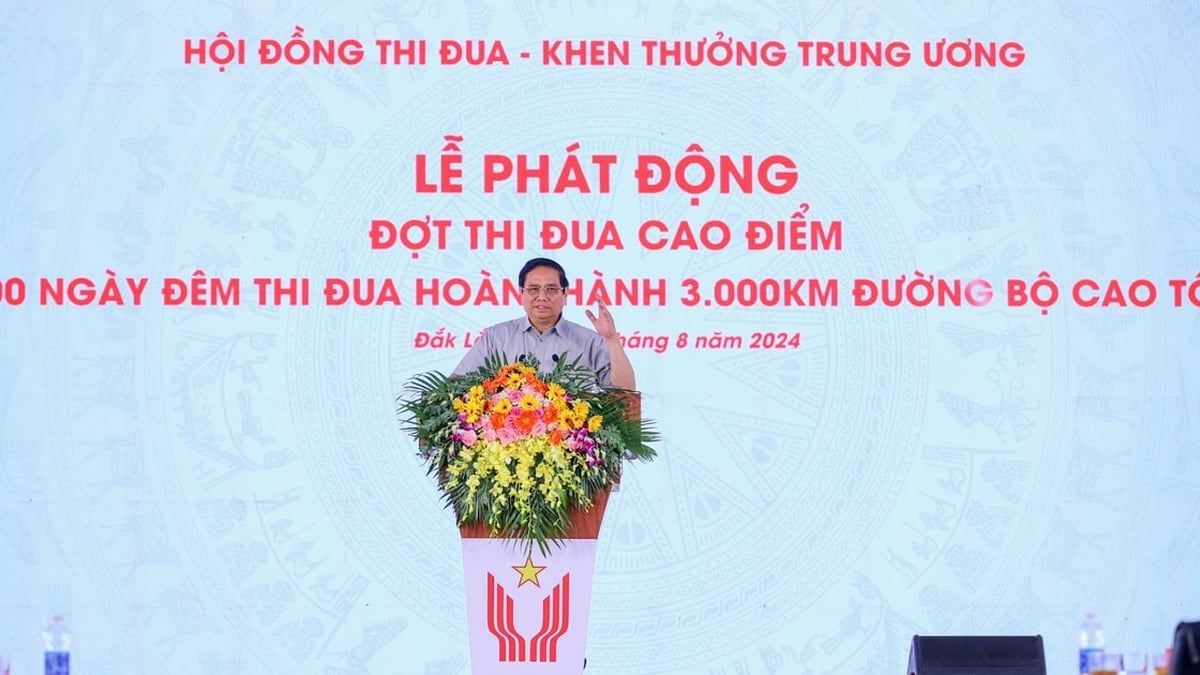






















































































Comment (0)